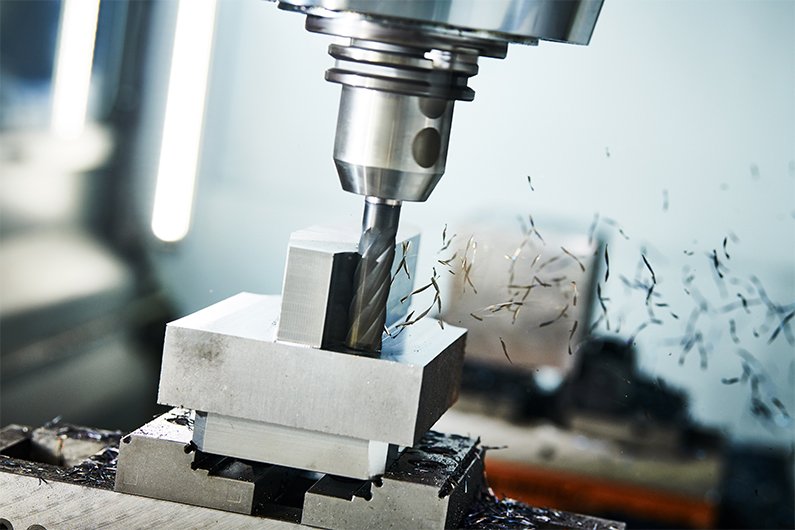Magnesium Casting: Unleashing the Power of Lightweight Materials
In recent years, there has been a growing demand for lightweight materials in various industries, including automotive, aerospace, and electronics. One material that has gained significant attention is magnesium. Known for its low density and high strength-to-weight ratio, magnesium has the potential to revolutionize the manufacturing world. In this article, we will explore the benefits and challenges associated with magnesium casting and its impact on different industries.
Magnesium is the lightest structural metal available, weighing about two-thirds of aluminum and one-quarter of steel. Despite its lightweight nature, it exhibits exceptional strength and stiffness, making it an ideal candidate for weight-sensitive applications. Additionally, magnesium has excellent damping capacity, which allows it to absorb and dissipate energy, making it suitable for applications that require vibration control.
One of the main advantages of magnesium casting is its ability to produce complex shapes with high dimensional accuracy. The casting process enables the production of intricate designs that would be difficult or impossible to achieve with other materials. Furthermore, magnesium castings provide excellent surface finish and can be easily machined, allowing for further customization and refinement.
Moreover, magnesium has excellent thermal and electrical conductivity, which makes it a preferred choice for electronic components and heat dissipation applications. Its low coefficient of thermal expansion ensures dimensional stability, even under extreme temperature variations. This property is particularly important in the aerospace industry, where materials are exposed to high temperatures during flight.
However, despite its remarkable properties, magnesium casting also presents some challenges. One of the main issues is its high reactivity with oxygen and moisture, which can lead to surface oxidation and corrosion. To mitigate this problem, manufacturers employ various techniques such as protective coatings, alloying, and controlled atmosphere casting. These measures help to enhance the corrosion resistance of magnesium castings and ensure their long-term durability.
Another challenge associated with magnesium casting is its relatively low melting point compared to other metals. Magnesium has a melting point of around 650 degrees Celsius, which is significantly lower than aluminum and steel. This low melting point makes the casting process more demanding, as it requires precise control of temperature and cooling rates to achieve high-quality castings. However, advancements in casting technologies have enabled manufacturers to overcome this challenge and produce magnesium components with excellent mechanical properties.
The automotive industry has been at the forefront of magnesium casting adoption. The use of magnesium components in vehicles can significantly reduce weight, improve fuel efficiency, and lower emissions. For instance, replacing steel or aluminum components with magnesium can result in weight savings of up to 50%. This reduction in weight not only improves fuel economy but also enhances vehicle performance and handling. Additionally, magnesium\’s high strength-to-weight ratio provides a safer alternative, as it can absorb more energy during collisions.
In the aerospace industry, magnesium casting is gaining traction for its ability to reduce aircraft weight, thereby enhancing fuel efficiency and increasing payload capacity. By incorporating magnesium components in aircraft structures, manufacturers can achieve weight savings of up to 30%. This reduction in weight translates to significant cost savings over the lifespan of an aircraft, making magnesium an attractive choice for the aerospace industry.
Furthermore, the electronics industry is exploring the use of magnesium casting for lightweight and high-performance electronic devices. Magnesium components offer excellent electromagnetic shielding and thermal management capabilities, making them ideal for applications such as smartphones, laptops, and wearable devices. The lightweight nature of magnesium also contributes to improved portability and user comfort.
In conclusion, magnesium casting has the potential to revolutionize various industries by unleashing the power of lightweight materials. Its exceptional properties, including low density, high strength-to-weight ratio, and excellent thermal conductivity, make it an attractive choice for weight-sensitive applications. Despite the challenges associated with surface oxidation and low melting point, advancements in casting technologies have paved the way for the widespread adoption of magnesium casting. As industries continue to prioritize weight reduction and energy efficiency, magnesium casting is set to play a crucial role in shaping the future of manufacturing.
-

- OEM Die tökmə istehsalçısı maqnezium ərintisi avtomatik tablosunu istehsal edir
-

- Mangensium ərintisi tökmə Thixomolding metal əyləclər
-

- Maqnezium ərintisi tökmə Avtomobil hissələri Yan pilləli Qaçış lövhəsi
-

- Elektron velosiped üçün maqnezium ərintisi tökmə hissələri və komponentləri
-

- Velosiped Freehub 12/14/16 düymlük Uşaq Velosipedi Aşağı Rider Velosipedləri Maqnezium Alüminium Alaşımlı Uşaq Velosipedi 3-8 Yaş Yaşında Stokda
-

- Maqnezium ərintisi tökmə hissələri CNC emal və səthi bitirmə ilə velosiped təkəri

 0086-750-5616188
0086-750-5616188 +86 13392089688
+86 13392089688 sales@zhongmei-tech.com
sales@zhongmei-tech.com






